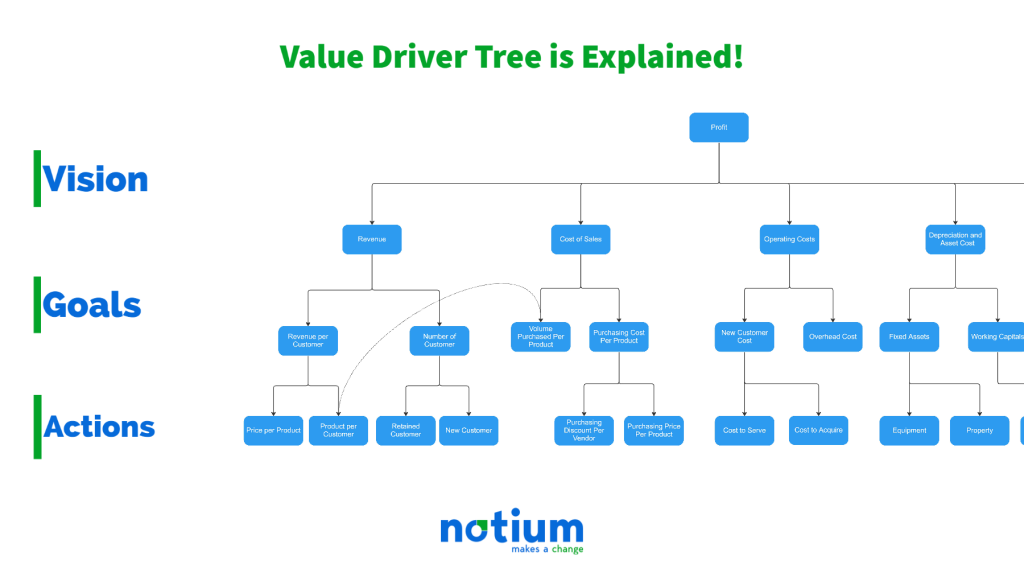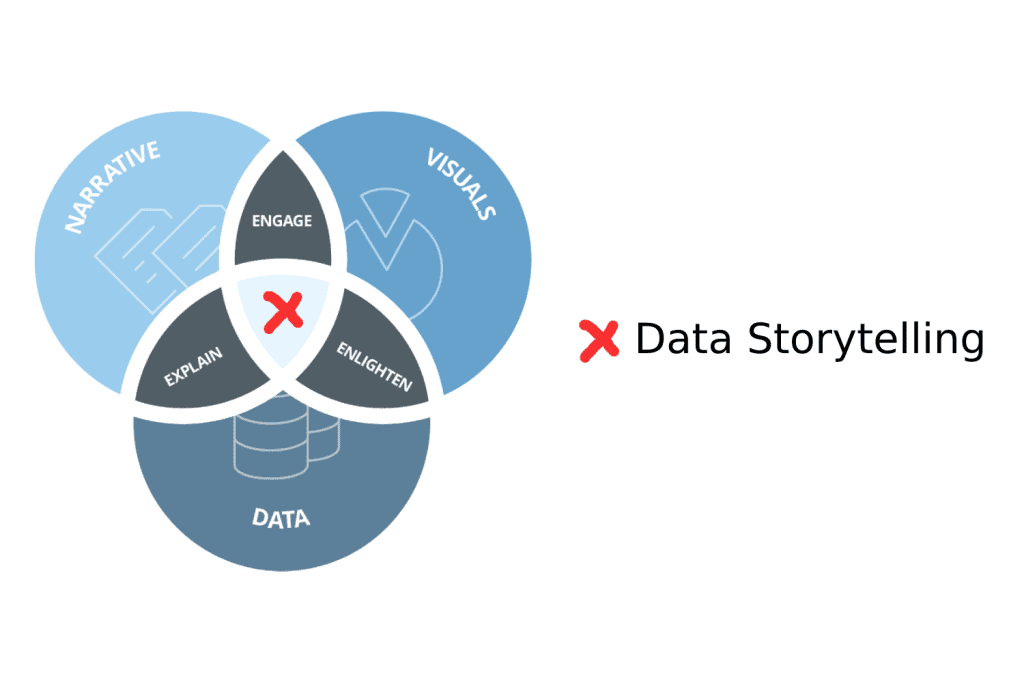What is a Business Budget?
A business budget is a financial plan for a specific period. It includes all the projected income and expenses for a given period. The time frame can vary depending on the budgeting approach you choose, but it should be long enough to cover the typical life cycle of your company.
Managers use the budget to track the entire business’s performance and make sure it stays within its expected income and expense levels.
A budget is a living document that changes as your company grows and takes on additional expenses. That’s why it’s essential to update the budget as your company flourishes regularly.
Why is Planning a Business Budget Important?
A business budget is essential for any company that wants to keep track of its expenses and remain financially responsible. If a business doesn’t plan its expenses and carefully manage its money, it could end up spending more than it earns. That could lead to debt, bankruptcy, or other financial problems.
Budgets are essential for several reasons.
-
Stay focused on financial goals
They help an organisation stay focused on its financial goals. Managers use budgets to make sure every dollar is spent wisely. If an expense isn’t planned for in the budget, it might end up being cut from future budgets. That helps managers stay focused on their core business objectives.
-
Predict future
Budgets help managers predict future expenses. If a business knows how much it expects to make in a given period, it can better forecast its expenditures. This lets managers plan for future expenses by predicting when they’ll happen.
-
Keep within limits
Keeping cash flow within limits is extremely important for any firm with more than two or three employees. If a firm doesn’t know how much cash it’ll need to operate, it won’t be able to plan for expenses like equipment maintenance, office supplies, insurance, and so on.
How to Develop a Business Budget
Developing a business budget starts with projecting expected income and expenses. It is the heart of any budget because it determines how much money a business will have to work with.
The income side of the budget should include every income source a company expects to generate. It includes sales of goods or services, fees for professional services like taxes or legal services, grants or donations, interest or dividend income, and any other source.
The expenses side of the budget should include every expense a business expects to incur during the budget period. It includes salaries for employees and contractors, expenses like office supplies and paper, internet and phone expenses, employee benefits, advertising and promotional expenses, and other operating expenses.
How to Adapt a Business Budget
Business expenses change over time, and so do the prices of goods and services. As a result, a business budget should be adapted as changes occur. Managers need to be flexible enough to adjust their budgets to changing circumstances. It means being able to change numbers in the budget as required, even if they’ve been committed to paper. Managers should also be able to explain how the budget has changed from one period to the next. Being flexible doesn’t mean changing your budget midstream. It means making educated guesses about what may happen in the future and adjusting your budget as needed.
Conclusion
Business budgets are essential for any organisation, big or small. They help a business stay focused on its financial goals and anticipate expenses. They also allow a company to forecast future cash needs and manage its staff. Developing a business budget is straightforward and should take no longer than a few weeks. However, the budget may need to be adjusted as your organisation grows and changes.






